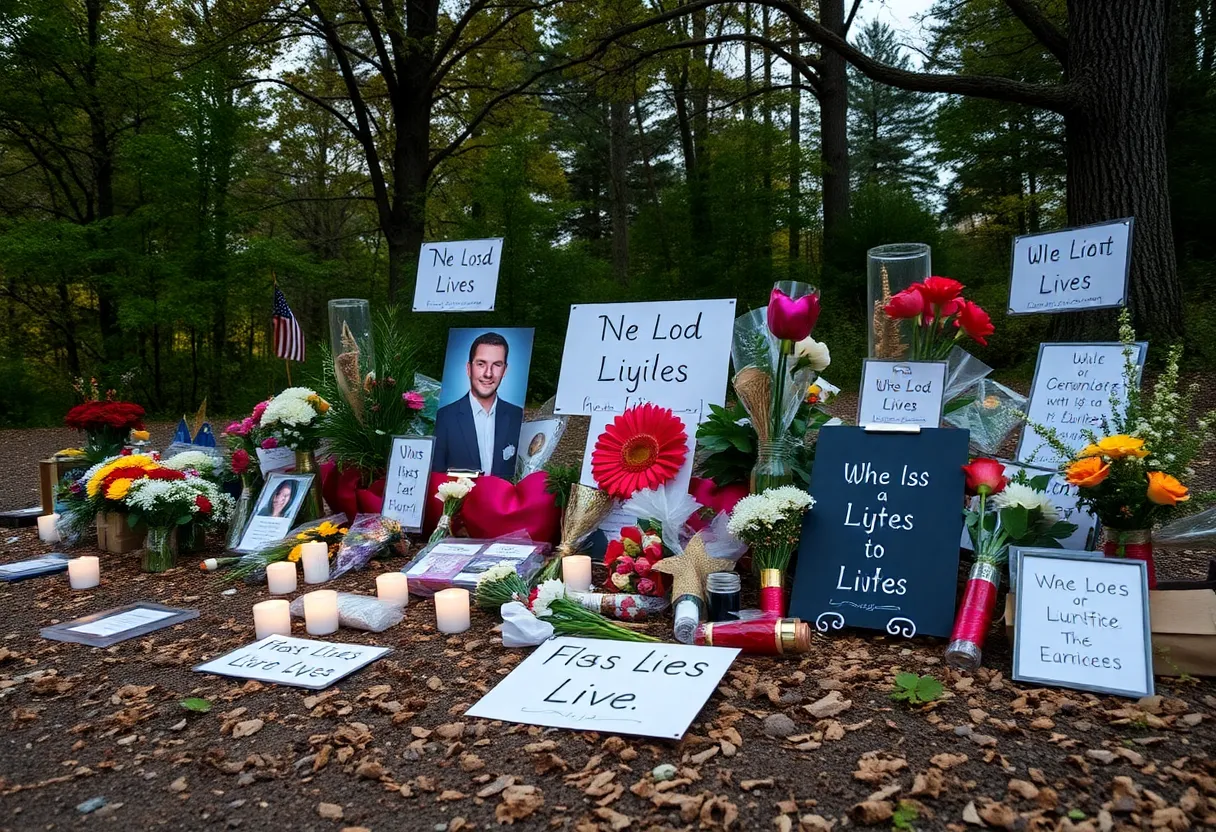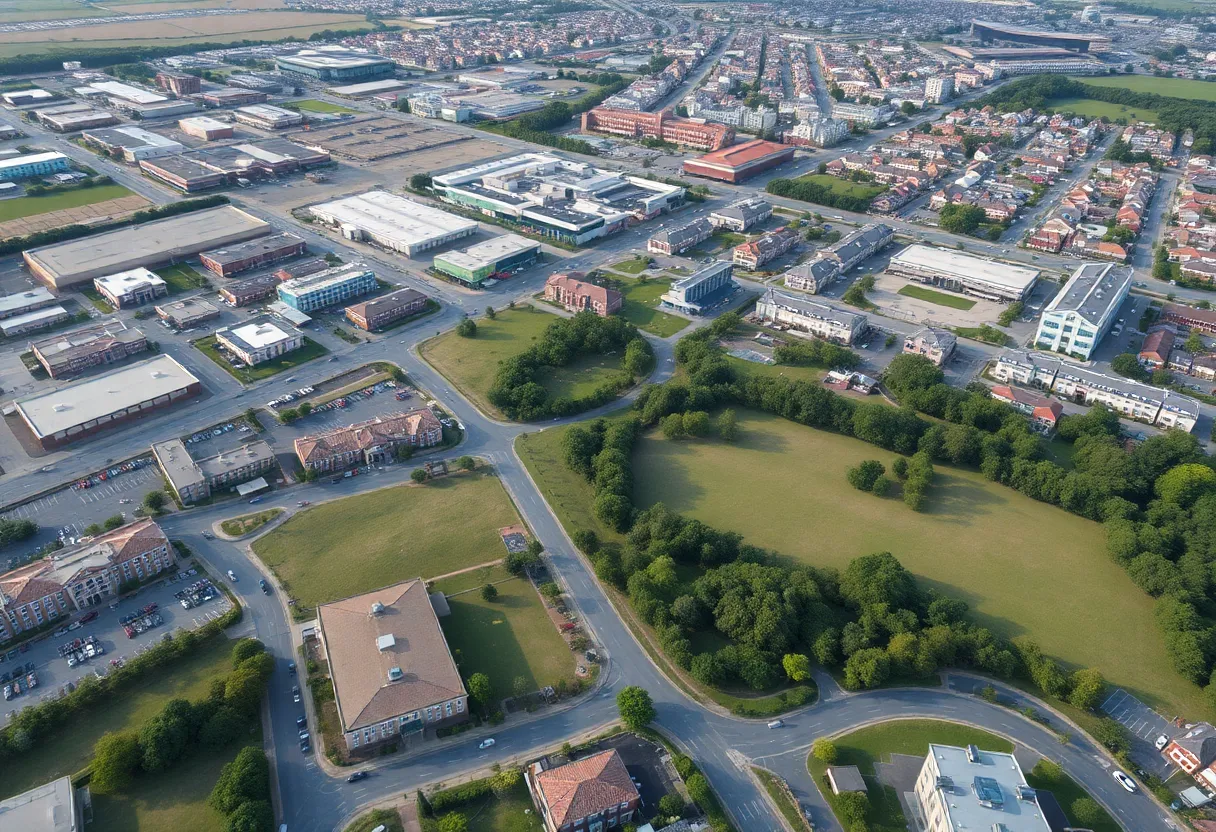News Summary
The family of Delisha Africa, a 12-year-old victim of the MOVE bombing in Philadelphia, is demanding the return of her remains found at the Penn Museum. The 1985 bombing led to the deaths of eleven people, igniting outrage and calls for justice that continue today. With community support and political condemnation of the museum’s actions, the family seeks acknowledgment and closure, highlighting ongoing issues of respect for victims and their families.
Philadelphia’s MOVE Bombing Victim Delisha Africa’s Remains Found at Penn Museum, Family Demands Return
The city of Philadelphia is currently embroiled in a deeply emotional battle as family members of Delisha Africa, a young victim of the notorious MOVE bombing, are calling for the return of her remains. Delisha, just 12 years old at the time, became a tragic casualty when police dropped a bomb on the MOVE organization’s home in the Cobbs Creek neighborhood on May 13, 1985. This devastating act not only resulted in her untimely death but also led to a catastrophic fire that obliterated over 60 homes and left around 250 people homeless.
The MOVE bombing was a significant and contentious event in Philadelphia’s history. In total, eleven people—five of whom were children—lost their lives that day, leading to a storm of outrage and sorrow in the community. Years later, the repercussions of that incident are still felt, as evidenced by a recent announcement from the University of Pennsylvania’s museum which sparked further pain for Delisha’s family.
On December 9, 2024, family members gathered passionately to express their outrage at the museum’s decision to retain Delisha’s remains. MOVE member Mike Africa Jr. conveyed his feelings about the continued withholding of Delisha’s remains, expressing an understandable frustration that resonates throughout the community. Delisha’s sister, Yvonne Malaika Orr-El, painted a heartbreaking picture of her sister’s tragic demise and the trauma that the family has endured as a result of losing a loved one in such a brutal manner.
The city is witnessing political fallout as well, with Philadelphia Councilmember Jamie Gauthier condemning the museum’s actions. Gauthier labeled the situation a slap in the face to the Africa family, pointing out the ongoing distress over the pending return of remains. This incident not only revives painful memories for the family but also sheds light on broader issues of justice in the community.
The MOVE organization, which was founded by John Africa, advocated for a lifestyle that rejected modern conveniences and promoted animal rights and equality. Their ideology appealed to a segment of the community that was seeking alternatives to mainstream societal practices. However, on that fateful day in 1985, the violent confrontation with law enforcement shattered countless lives and led to a national reckoning on the use of excessive force by authorities.
A 1986 commission report condemned the bombing as “unconscionable,” but the justice process continued for years afterward. Litigation culminated in a $1.5 million judgment in 1996, awarded to survivors from MOVE, signifying some acknowledgment of the pain inflicted upon the community.
Fast forward to 2021 when the Penn Museum admitted that they still had bones from the victims of the MOVE bombing, having retained them for forensic identification purposes in the aftermath of the tragedy. This revelation was shocking and, understandably, reignited feelings of anger and sadness among surviving family members and community supporters.
In November 2024, the museum made a disconcerting announcement: they discovered Delisha’s remains during an inventory for the relocation of artifacts. Adding to the gravity of the situation, it was noted that there was no clearly defined process for how these remains were separated from others. This lack of clarity raises several questions about the ethical handling of victim remains. Civil rights attorneys representing the victims’ families asserted that both the city and the museum have failed to treat the victims and their loved ones with the dignity and respect that they deserve.
During a recent press conference, another MOVE member, Janet Africa, spoke out, distancing herself from certain representatives of the family, asserting that they do not speak for her or represent Delisha’s remains. This division highlights the complex dynamics within the community as they confront their shared history and fight for justice, not only for Delisha but for all victims affected by the bombing.
As discussions continue around the MOVE bombing and its glum aftermath, the community’s desire for justice carries on, highlighting calls for the release of political prisoners like Mumia Abu-Jamal, further intertwining issues of civil rights and respect for the memories of those lost. Janet Africa also emphasized that the ongoing discovery and mishandling of remains reflect a deep-seated disrespect for both the victims and their families, a sentiment that many in the community echo as they seek acknowledgment and closure.
Deeper Dive: News & Info About This Topic
HERE Resources
Additional Resources
- Philadelphia Inquirer: MOVE Untangling Tragedy
- New York Times: Philadelphia MOVE Bombing Remains
- Philadelphia Tribune: MOVE Members Anger Over Remains
- Wikipedia: MOVE Bombing
- Google Search: MOVE bombing







